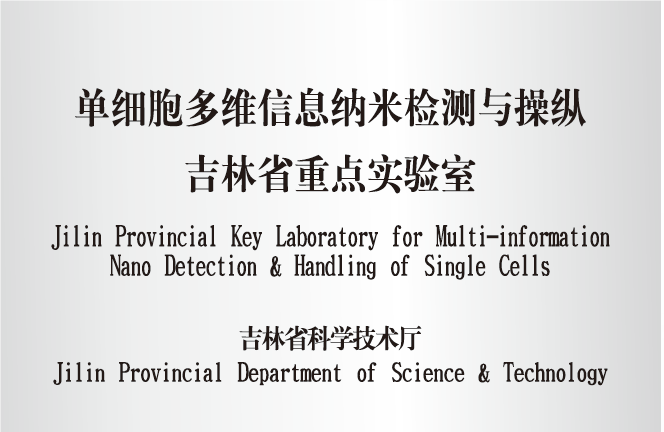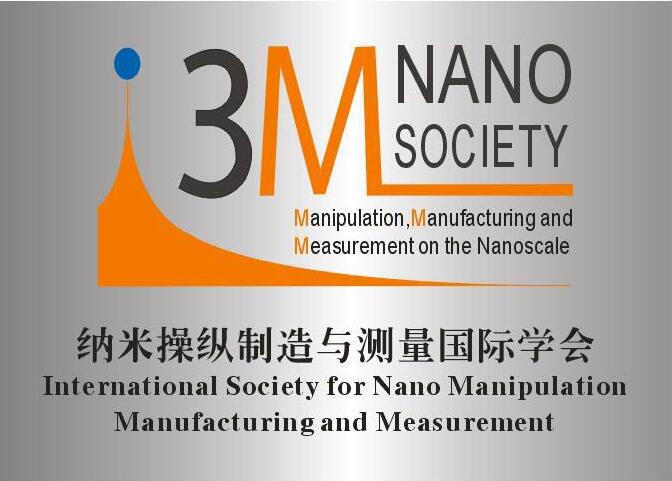International Research Centre for Nano Handling and Manufacturing of China (CNM) was founded in 2009, aiming to establish a world-class centre for creative or innovative research and the training of research students in the areas of nano measurement, handling and manufacturing. CNM is affiliated with Changchun University of Science and Technology (CUST) (the former Changchun Institute of Optics and Fine Mechanics), a prestigious institution founded in 1958 by Professor Daheng WANG. As a dual member of the Chinese Academy of Sciences and the Chinese Academy of Engineering, Professor Wang was also the key proposer of the China’s “863” High-tech Programme. CUST currently employs about 2,200 staff members and hosts 21,000 undergraduate and graduate students from 14 countries. It is China’s leading university in optical engineering, holding a national Grade A accreditation. In 2013, CNM received accreditation from the Ministry of Science and Technology of China. Subsequent recognitions further solidified its standing: - 111 Centre for Micro and Nano Handling and Manufacturing of China (Ministry of Education of China, 2017) - Key Laboratory for Cross-Scale Micro and Nano Manufacturing (Ministry of Education of China, 2019) - National and Local Joint Engineering Laboratory of China (National Development and Reform Commission, 2019) - Jilin Provincial Key Laboratory for Multi-Information Nano Detection and Handling of Single Cells (Jilin Provincial Department of Science and Technology).
CNM consists of five laboratories (located in Changchun city, Jilin province) and one sub-centre (located in Zhongshan city, Guangdong province): 1. Cross-scale micro and nano manufacturing (lithography) laboratory 2. Nanomeasurement laboratory 3. Nanohandling and nanoassembly laboratory 4. Ultrafast optics laboratory 5. Nano science and health laboratory 6. Sub-centre for opto/bio-nano measurement and manufacturing.
CNM has 9500 m2 modern working environment and 3730 m2 clean room. By integrating nanotechnology with information technology and biomedicine, CNM fosters interdisciplinary collaboration. Its team of over 300 researchers and students spans diverse fields such as optical engineering, mechanical engineering, electrical and electronic engineering, computer science, material engineering, life science, biomedicine, physics and chemistry. Since its establishment , the centre has been working on 7 National Key R&D projects, 9 EU FP7/H2020/Horizon Europe projects, 31 National Natural Science Foundation projects, and over 160 other projects. It has more than 600 publications and 200 patents. CNM actively expands its global research networks by forging new partnerships and strengthening existing collaborations. For example, it is part of the Joint Research Centre for Computer-Controlled Nanomanufacturing (JR3CN) with the University of Bedfordshire (UK), and a partner of nine EU projects (LaserNaMi, ECNANOMAN, ECROBOT, BioRA, NanoStencil, MNR4SCell, FabSurfWAR, ENSIGN and L4DNANO). In 2011, CNM/CUST organized the first International Conference on Manipulation, Manufacturing and Measurement on the Nanoscale (3M-NANO) with the University of Oldenburg in Changchun, China (http://www.3m-nano.org) sponsored by the National Natural Science Foundation of China (NSFC), Research Executive Agency (REA) of European Commission and Jilin Provincial Science and Technology Department. Since 2016, 3M-NANO has been officially integrated into the IEEE conference series, with a mission to support the development of the nanohandling research community and to encourage long-term partnerships and collaborative research activities.
With its efforts to establish a world-class centre for creative or innovative research and the training of research students, CNM welcomes research scientists and students worldwide to collaborate on cutting-edge research activities in the areas of nano measurement, handling and manufacturing.












